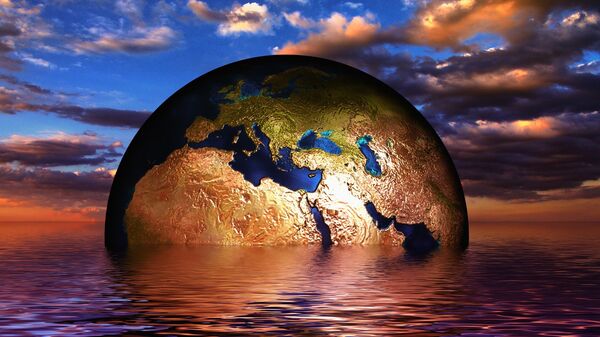In recent years, human-caused global warming has been the subject of a great deal of political controversy, but an overwhelming majority of international climate experts and scientists agree that the evidence is clear and that it is time the world focuses on taking action.
Throughout the 20th century, rising atmospheric temperatures caused a rapid global shrinkage of glaciers and, in the tropical Andes, they are particularly sensitive to changes in climate.
The retreat of the Humboldt glacier, named for Alexander von Humboldt, a German explorer and naturalist, is the final stage of the 20,000-year process of the recession of an ice sheet that covered 250 square miles of Venezuela during the most recent ice age. Climate change has sped up the process of melting and, when the Humboldt glacier disappears, Venezuela will become the first country to have lost all of its glaciers.
What makes the situation more problematic is that climatologists cannot properly study the glacier in its final years due to Venezuela's ongoing political turmoil.
Carsten Braun, a glaciologist at Westfield State University in Massachusetts, visited Humboldt in 2015, describing the experience as "a little dicey," as reported by The Economist. Braun cited men in military uniforms pulling him and his team off a bus and interrogating them.
The disappearance of the Humboldt glacier will not only be a loss for science, it will have a profound impact on the inhabitants of the Andes who rely on meltwater from tropical glaciers. During the dry season, glacier runoff has been crucial to maintaining fresh water throughout the year.




